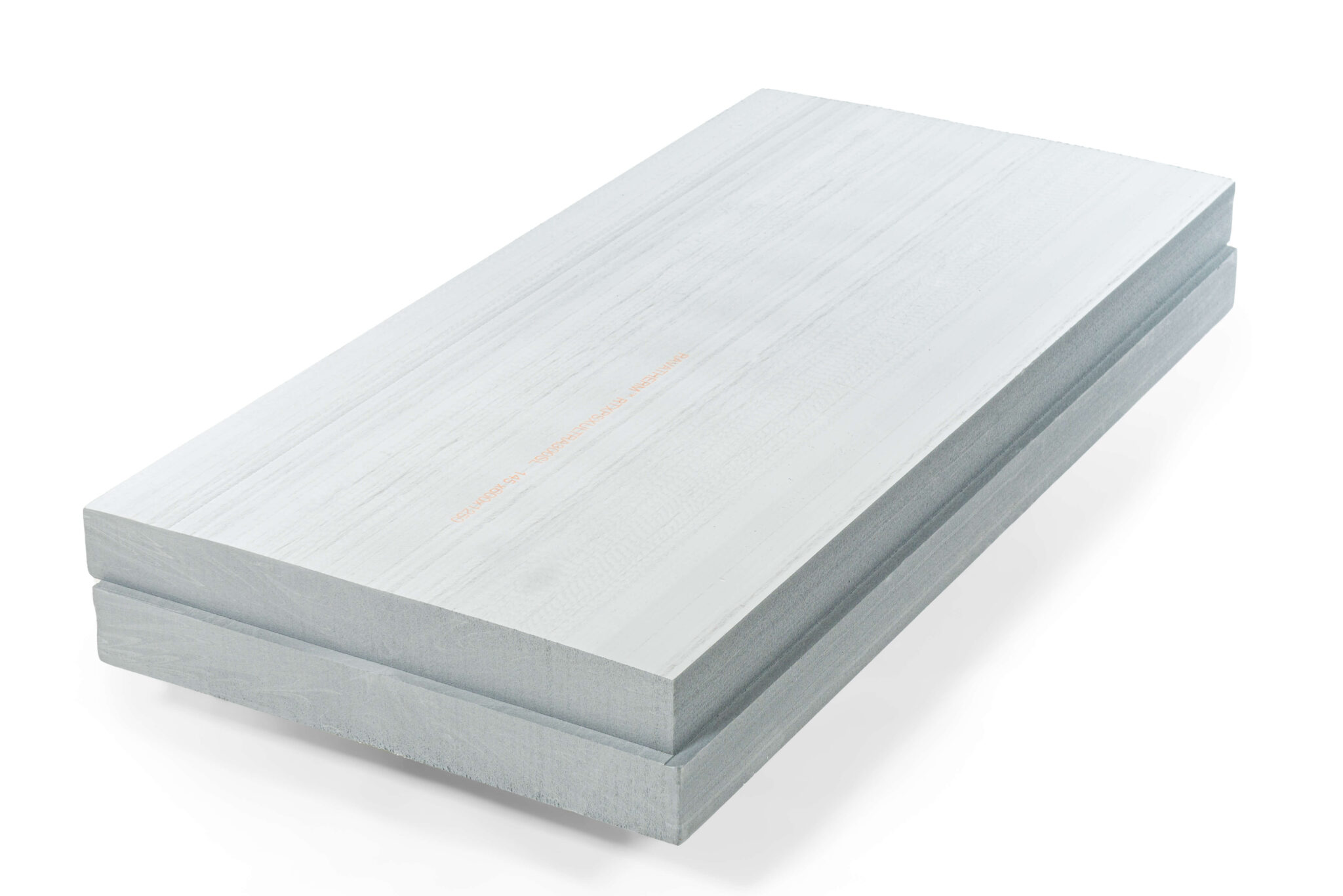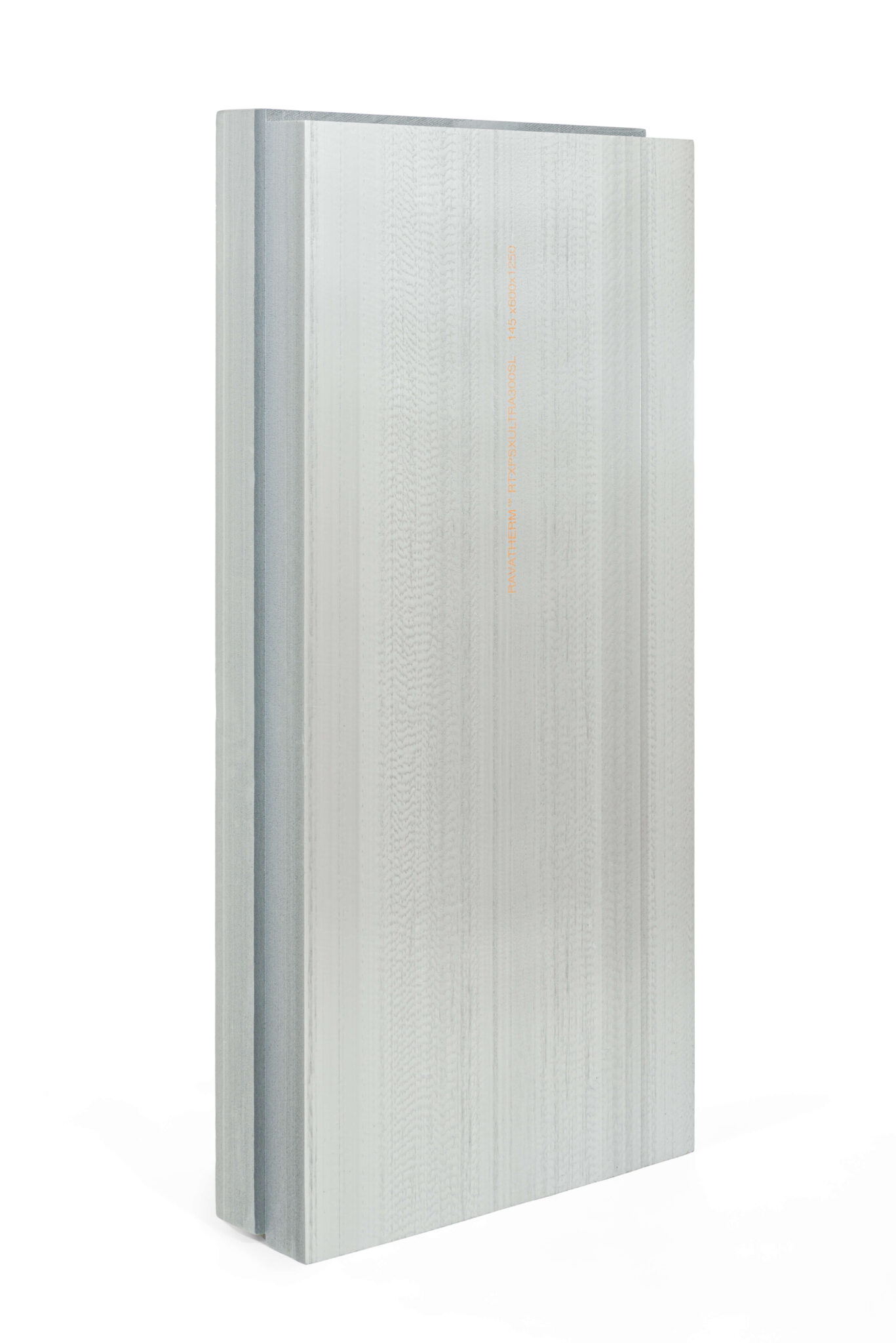The future of architecture? A bold statement perhaps, but with the climate crisis looming ever larger, the industry needs to consider new ways forward.
Sustainable housing isn’t a new idea. Back in 1975, Professors Brenda and Robert Vale published “The Autonomous House” – a revolutionary book detailing a theoretical house that was completely self-sufficient in terms of heating, power, water and waste treatment. In 1993, they turned their ideas into reality and built their own home, “The New Autonomous House” in Southwell, Nottinghamshire. The Vales’ builder Nick Martin subsequently commissioned the Vales to design the Hockerton Housing Project, a self-sufficient earth-sheltered community. Against the odds, the group achieved planning permission in the open countryside for a self-sustaining development comprising five fully sustainable homes in Nottinghamshire, completed in 1998. Alongside composting toilets and solar panels, the Hockerton houses are unusually covered in 500 tons of earth – a remarkable feature allowing for minimal visual impact, insulating properties, and habitat creation.
And now, a new project is set to make history and pave the way for the future. From the outside, the houses don’t look drastically quirky or out of place. Large timber windows in a white rendered wall are the only visible face, with the other three covered by an earth bank. So what really makes these houses stand out? Designed with the help of the original Hockerton project team, Howgate Close is set to provide nine highly efficient rented properties for local residents at risk of being forced out by rising house prices. Under these circumstances, the challenge is to provide truly affordable homes whilst maintaining excellent specifications – a problem that has been overcome in part by Norfolk-based XPS insulation manufacturer, Ravago Building Solutions UK.
Adam Hilmi, Account Manager at Ravago Building Solutions said:
“With its prestigious new BBA certification, we’re proud that Ravatherm XPS X ULTRA 300 SL has been specified for Howgate Close, and with three and a half truckloads (250m3) of product delivered to the site in July, the project is well underway. ULTRA 300 SL has enabled a radical negotiation of aesthetics, sustainability, and efficacy, making the earth-sheltered homes viable over the long-term with its minimal moisture uptake (less than 1%) and low U-value.
“Offering architects this ultimate flexibility to innovate was our goal in introducing the ULTRA 300 SL – the thinnest XPS insulation with a design lambda of 0.028 W/mK– and so it is brilliant to be facilitating a project with such potential for positive impact.”


By combining Ravago’s Ravatherm XPS X ULTRA 300 SL insulation and triple glazing with three earth covered walls and roof, the homes have design SAP Ratings of 131A and 142A – meaning that on completion in May 2022 they will be in the top 0.01% of the UK’s 14 million registered Energy Performance Certificates (EPCs). That’s something to make you sit up and take notice. No compromises were made by technical consultant Dr Harrall, who, keen to achieve outstanding SAP ratings, chose to use Ravago’s higher performing ULTRA insulation as well as install a thicker than required board. The board is available in a range of thicknesses from 80 to 205mm, has high compressive strength and high load-bearing capacity. In this case, boards were double layered to a width of 335mm in the floors and roof and a single layer of 205mm was used in the walls. This project has cut no corners to create extremely high-performance low carbon housing.
Another unique element of the project is the greenfield site location. Getting permission to build on a greenfield site is rightfully challenging, and initially proposals put forward by landowner Dr Christopher Parsons were rejected. However, in 2018, permission was finally granted on the basis that the homes would contribute to the economic and social fabric of the village as well as the biodiversity of the area.
But this development has undeniable potential to contribute to not just village life but wider society – presenting a blueprint for future developments built on greenfield sites elsewhere across the country. And although these 21st century homes present a hopeful vision for the years ahead, they are also founded on the Vales’ decades of tenacious research, progressive thinking, and industrious pragmatism.
Ravago Building Solutions has a similarly strong heritage; Ravatherm XPS X products are made and despatched from King’s Lynn in Norfolk, where Ravago Building Solutions began making the UK’s first-ever range of XPS insulation products over 60 years ago.
Sustainable housing might not be anything new, but Howgate Close is a mark that housing developments certainly don’t have to be the same as they always have been.
“I think this could be the future of sustainable rural architecture”, says Dr Jerry Harrall, a leading fossil-fuel-free designer who consulted on the project’s energy efficiency, detailing, monitoring and ongoing research.
“Dr Parsons’ vision for Howgate Close as a replicable model has the potential to provide both rural housing and wood pastures for every village in the country.”
